Multiple NOAA Offices, programs, and partners work together to conduct research in, manage, and/or educate the public about aquaculture. Each office contributes its own expertise for advancing sustainable aquaculture, and they connect regularly to share information and work together on overlapping priorities.
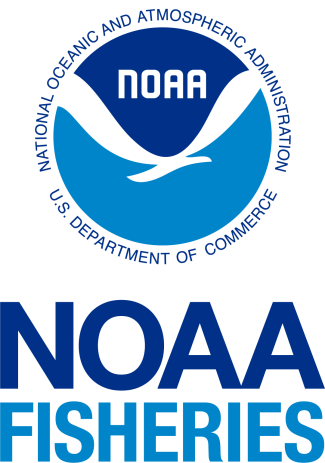
NOAA Fisheries
NOAA Fisheries collaborates and coordinates aquaculture research to address regulatory challenges, increase permitting efficiency, develop sustainable management and science collaborations, and conduct timely and accurate outreach and communications efforts. Their Office of Aquaculture works closely with the National Sea Grant Office to develop grant priorities and funding opportunities, access regional and state-level information and partners, and support science and technology research with the National Ocean Service. The Office of Aquaculture also works closely with the NOAA Office of Education to strengthen interagency partnerships, create common messaging, update NOAA leadership on aquaculture literacy efforts, and conduct research on public perceptions of aquaculture.
NOAA Fisheries, the National Sea Grant Office, and NOAA Office of Education, work together on their common goals to: (1) develop up-to-date, credible, common messaging, (2) facilitate interagency partnerships, (3) enhance public aquaculture literacy, and (3) develop and support DEIJA opportunities.
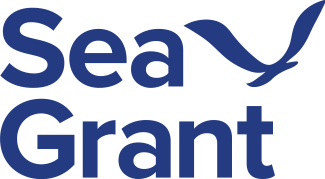
The National Sea Grant Office
The National Sea Grant Office coordinates Sea Grant’s investments in the development of sustainable marine and Great Lakes aquaculture to help coastal communities maintain a safe and sustainable local seafood supply. Their work involves coordinating the Sea Grant Extension network, and associated aquaculture liaisons. This includes developing and managing funding opportunities for aquaculture research, workforce training, technology transfer, and socioeconomics. Questions about Sea Grant’s aquaculture work or aquaculture funding opportunities may be directed to oar.hg.sg.aquaculture@noaa.gov.
The National Sea Grant Office and Office of Education work together to evaluate aquaculture literacy efforts and successes, coordinate with educators and industry members to engage in discussions and create resources, and share opportunities with NOAA’s Education Council.
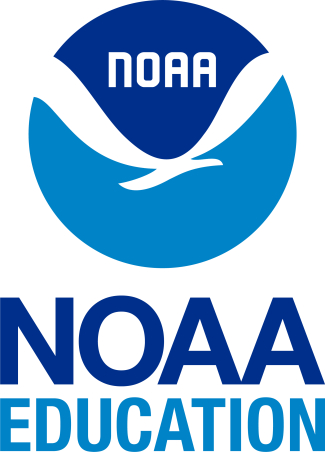
NOAA Office of Education
The NOAA Office of Education coordinates aquaculture literacy efforts and associated partnerships like the Coastal Ecosystem Learning Centers (CELC) network, a consortium of 25 aquariums and marine science education centers located across North America. The Office of Education also manages career development fellowship and scholarship opportunities (e.g., Jose E. Serrano Educational Partnership Program with Minority Serving Institutions (EPP/MSI) and Ernest F. Hollings Undergraduate Scholarship), as well as the NOAA Sea to Sky: Education resource database.
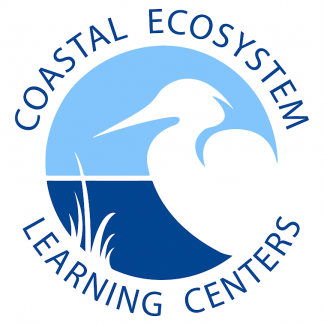
Coastal Ecosystem Learning Centers
The Coastal Ecosystem Learning Centers (CELC) network is a consortium of 25 aquariums and marine science education centers located across North America. From youth summits to multi-institution projects, the CELC network works together to engage the public in protecting coastal and marine ecosystems. By coordinating CELC, NOAA’s Office of Education brings NOAA science, guidance, and resources to these institutions and the 20 million people they reach every year across North America.
CELC aquaculture literacy initiative
CELC's aquaculture literacy initiative connects institutions to NOAA resources in order to engage visitors on the science of sustainable, domestic aquaculture. As a major NOAA priority, aquaculture is also of interest to many CELC institutions. This initiative is a long-term effort to engage millions of aquarium visitors on the latest advancements in marine aquaculture and its multiple benefits.
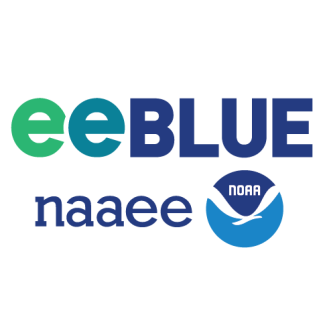
The North American Association for Environmental Education
The North American Association for Environmental Education (NAAEE) offsite link is building partnerships that support the mutual science technology engineering math (STEM) education goals of the National Oceanic and Atmospheric Administration (NOAA) and the U.S. Department of Education through an exciting collaboration called eeBLUE offsite link. eeBLUE is a $7 million, five-year partnership agreement between NOAA and NAAEE to help create a more environmentally literate society that has the knowledge, skills, and motivation to conserve our natural resources and build more resilient communities across the country. It is also strengthening professional networks, supporting high-quality STEM education, and providing education and outreach for educators and other audiences.
Through eeBLUE, NAAEE offers organizations opportunities to apply to the eeBLUE Aquaculture Literacy Mini-Grant program offsite link. These mini-grants provided informal learning institutions (e.g., aquariums), aquaculture industry (e.g., shellfish, finfish, seaweed farmers), and NOAA partners with support for the co-development of innovative educational experiences that explored aquaculture topics. Successful proposals use the unique education mission of the eeBLUE partnership as a context for engagement and advancement of public aquaculture literacy.
To learn more and follow our partners’ eeBLUE journey, please visit their webpage and follow NAAEE on Facebook and Twitter @TheNAAEE.

